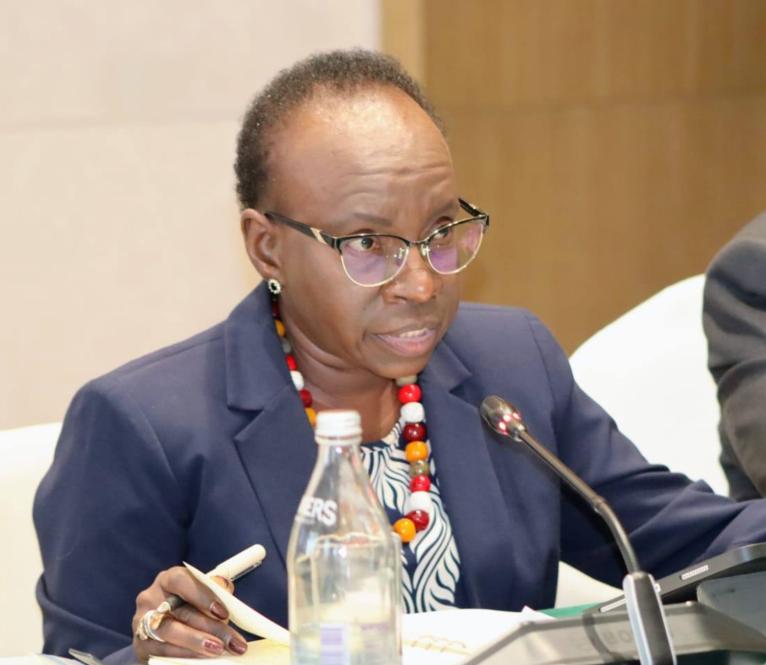Government hiring freeze pushes 60 public institutions into staff crisis

At least 60 public organisations are grappling with acute employee shortages, needing more than 15,000 new staff to meet their approved capacity
A staffing crisis is unfolding across dozens of public institutions as the government’s hiring freeze continues to paralyse operations, exposing growing strain on essential services and workers.
At least 60 public organisations are grappling with acute employee shortages, needing more than 15,000 new staff to meet their approved capacity, according to audit reports by Auditor-General Nancy Gathungu for the financial year ending June 2024.
The most affected institutions require, on average, 35 percent more personnel to function effectively, but the Treasury-imposed ban on new hiring has blocked any attempts to fill the gaps.
In one of the hardest-hit agencies, the Judiciary, the report shows that the institution is operating with 6,882 staff against a required 10,106 – a shortfall of 32 percent. The strain is most evident in the number of magistrates and judges, who currently stand at 826, far below the needed 1,547, reflecting a deficit of 47 percent.
“The non-compliance with the staff establishment may affect service delivery to the public,” the Auditor-General warned in the Judiciary audit.
She added in another report: “Although management has attributed the state of affairs to the government’s suspension of recruitment, the understaffing may result in staff burnouts and inability to complete the organisation’s set objectives.”
The Treasury introduced the hiring freeze in 2023 as part of broader measures to manage Kenya’s soaring public wage bill, but the freeze has left critical institutions unable to meet public demand or implement their core mandates.
Apart from the Judiciary, other major public institutions facing workforce gaps include the Kenya Wildlife Service, which needs 1,788 more workers; Kenya Forest Service, short by 1,647 employees; and the South Nyanza Sugar Company, which has a deficit of 1,008 workers.
Audit reports reviewed from various sectors consistently show that the shortages are cutting into service quality and hurting productivity.
Analysts say the effects of these gaps are already visible in overburdened staff and weak performance.
“When you see state agencies understaffed, it means the staff are overworked and there are some people doing what they are not supposed to, or even trained for, and as a result their productivity goes down,” said James Muraguri, CEO of the Institute of Public Finance.
He added: “The question we should be asking is what does this mean in terms of public resources, and what does it mean for public service delivery? It is not that we don’t have money, it’s that we’re spending money on the wrong things.”
The findings paint a worrying picture for the future of public service delivery, with no indication yet of when the freeze will be lifted or how the shortages will be addressed.
